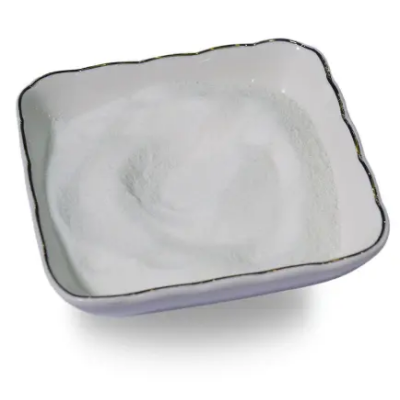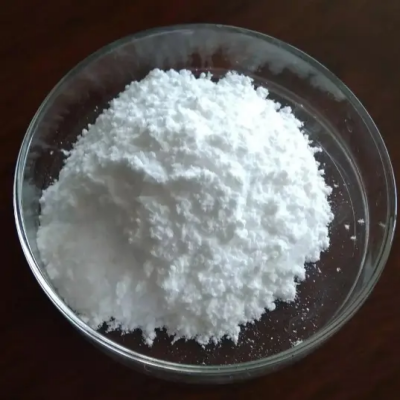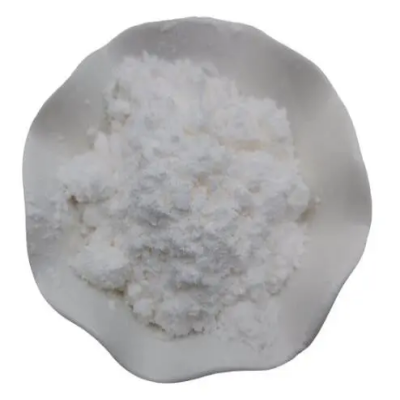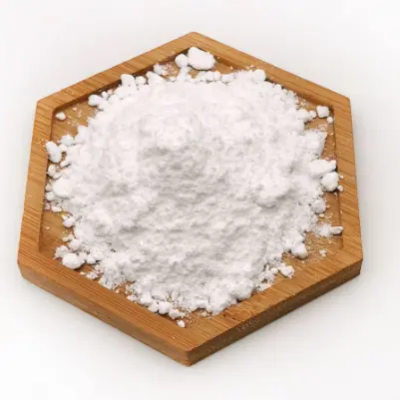OLEOYL CHLORIDE CAS:112-77-6
Oleoyl chloride (C18H33ClO) is a versatile organic compound widely used in synthetic organic chemistry due to its reactivity as an acyl chloride. Derived from oleic acid, a monounsaturated fatty acid commonly found in various natural oils, oleoyl chloride features a long hydrocarbon chain that enhances its solubility in organic solvents and contributes to its unique chemical behavior. The presence of the carbonyl group adjacent to the chlorine atom makes oleoyl chloride a potent acylating agent, enabling efficient nucleophilic substitution reactions. One of the primary applications of oleoyl chloride is in the synthesis of esters. When reacted with alcohols, it undergoes nucleophilic acyl substitution to form oleate esters, which are important components in the production of surfactants, emulsifiers, and lubricants. These esters exhibit desirable properties such as low toxicity and biodegradability, making them suitable for use in consumer products, personal care items, and industrial formulations. In addition to esterification, oleoyl chloride is also utilized in the synthesis of amides through reactions with amines. The resultant oleamide compounds have significant applications in the pharmaceutical industry, often serving as intermediates in drug development. Oleamides are known for their diverse biological activities, including anti-inflammatory and analgesic effects, thereby enhancing the therapeutic potential of pharmaceutical formulations. Furthermore, oleoyl chloride plays a role in polymer chemistry, where it is used to modify polymer backbones, improving mechanical properties and thermal stability. By incorporating oleoyl groups into polymers, chemists can create materials with tailored characteristics for specific applications, including coatings, adhesives, and bio-based polymers. However, working with oleoyl chloride necessitates careful handling due to its corrosive nature and potential health hazards, including skin and eye irritation. Appropriate safety measures, such as using personal protective equipment and conducting reactions in fume hoods, are essential for ensuring safe laboratory practices. In summary, oleoyl chloride is a valuable reagent in organic synthesis, offering numerous applications in the production of esters, amides, and modified polymers. Its structural characteristics and reactivity make it a critical tool for chemists across various fields, including pharmaceuticals, agrochemicals, and material science.



| Composition | C18H33ClO |
| Assay | 99% |
| Appearance | white powder |
| CAS No. | 112-77-6 |
| Packing | Small and bulk |
| Shelf Life | 2 years |
| Storage | Store in cool and dry area |
| Certification | ISO. |









